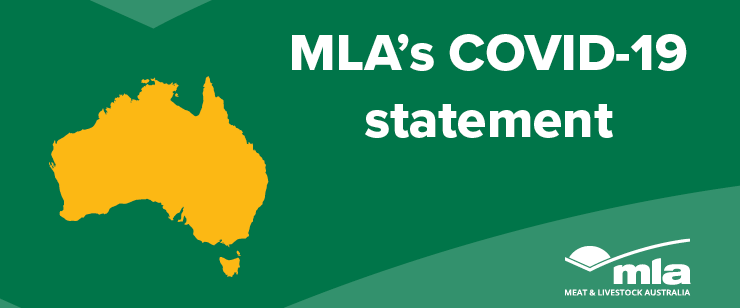The National Livestock Identification System (NLIS) is Australia’s system for the identification and traceability of cattle. It was established in 1999, and reflects Australia’s commitment to biosecurity and food safety both domestically and internationally.
The rules for recording information with NLIS were developed as a collaboration between the meat industry and Australian government. They form the basis for a consistent system of cattle ID that can be traced across the animal’s lifespan, as it moves through the supply chain.
All properties and enterprises are assigned a Property Identification Code (PIC), which is linked to the contact information of the registered owner. Each individual animal is given an accredited electronic or radio-frequency identification (RFID) tag which tracks movements through its life. The centralised database records the property cattle move from, the date of dispatch, the property they are sent to, as well as the serial numbers of the livestock and vendor.
NLIS standards apply to all cattle in Australia, and to properties responsible for their care, transportation or sale. If cattle change ownership or move to a new property, this must be individually recorded and entered into the NLIS database within two days of the animal’s arrival. Upon delivery, all accompanying documentation must be provided, and no cattle can be processed or slaughtered until it has been identified by a NLIS device. Once slaughtered, the carcass must remain identifiable until it passes inspection proving it fit for purpose. The system is validated through randomised compliance audits.
This level of traceability is an important cornerstone of Australia’s high-quality red meat. It helps facilitate swift responses to disease outbreaks, guarantees food security for public health, and helps maintain international trust in Australian meat.
More information
FOOD SAFETYSUPPLY CHAINEXPORTSON FARMFEEDLOT SECTORPROCESSINGPRODUCTION INTEGRITY
Article Date: 6th May 2019
